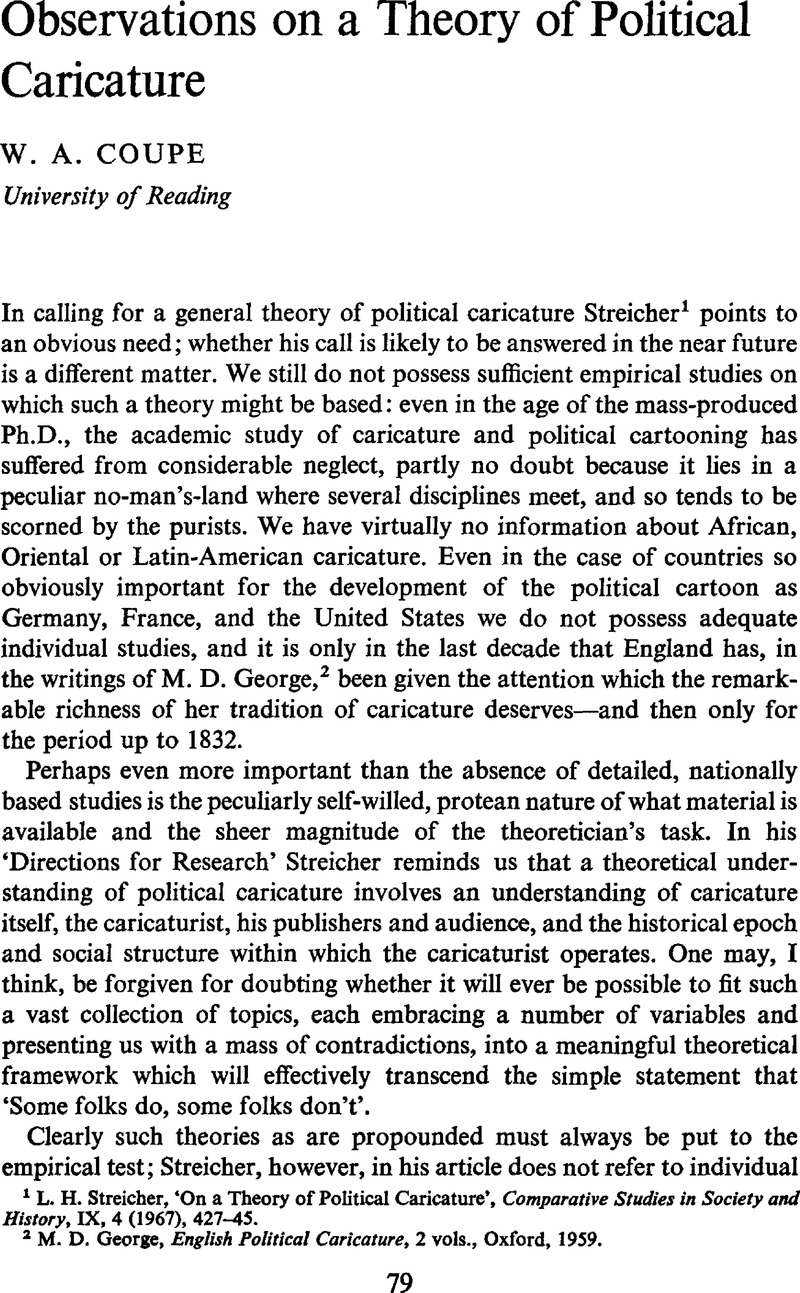
A History Of Political Theory By George Sabine Pdf To Word
Publication date fourth edition: 1973 A History of Political Theory is a book by on the history of political thought from to fascism and Nazism in the 1930s. First published in 1937, it propounds a hypothesis that theories of politics are themselves a part of politics.
American pie 2 in hindi free download hd. Nadia also realizes this and tells him, 'Go, get your band geek, and I will find mine'.
That is, they do not refer to an external reality but are produced as a normal part of the social milieu in which politics itself has its being. The book has been translated into Arabic, Greek, Indonesian, Italian, Japanese, and Spanish. In 1973, issued a fourth edition,. Contents • • • • • Contents [ ] Part I: The Theory of the City-State 1. Political Thought Before 3. Plato, The Statesman and The Laws 5., Political Ideals 6. Aristotle, Political Actualities 7.
The Twilight of the City-State Part II: The Theory of the Universal Community 8. The Law of the Nature 9. And the Roman Lawyers 10.
The Folk and its Laws 12. Universitas Hominum 14. The Part III: The Theory of the Nation State 17. The Early 19. Royalist and Anti-Royalist Theories 20. The Modernized Theory of 22.
Trove: Find and get Australian resources. Books, images, historic newspapers, maps, archives and more.
England: Preparation for Civil War 23. The:,, and 26. France: The Decadence of Natural Law 28. The Rediscovery of the Community: 29. Convention and Tradition: and 30.: and 31.: Philosophical Radicalism 32.
Liberalism Modernized 33. And Reviews [ ] The book received several favorable reviews soon after publication. Floyd House noted 'adequate scholarship, his interpretations are highly intelligent, and he has covered the ground with surprising comprehensiveness.' James Leahigh wrote that it was 'as objective and unbiased a study of the many characters presented throughout his work as any hitherto attempted compendious history of political theory.' Chose to review it with ten other works on political theory and noted, 'Half of Sabine's material is devoted to men before, and his treatment of the nineteenth century while brilliant is relatively brief.' Jenks considers the natural audience for it to be 'best for students who are to apprehend the importance of political speculation in the history of social thought.' Jenks admired Sabine's composition: 'Sabine is most successful in integrating theories of successive writers as coherent wholes, and in discerning logical discrepancies.
He provides an original and searching critique, from the explicit standpoint of.' The role of in politics is acknowledged: 'Sabine is especially effective in showing the relativity of social thought to general value systems in different societies.' When the book was revised in 1950, reviewer C.
Noted the new edition 'more strongly emphasizes the wide separation between the moral temper of democracy and that of communism.' Thorson edition [ ] Thomas Landon Thorson, author of Logic of Democracy (1962) and Biopolitics (1970), revised A History of Political Theory in 1973 for a fourth edition. He explains the revisions in a preface: A new first chapter has been added which attempts to put the history of political theory into context both of the and of pre-Greek, pre-philosophic thought. A variety of judgements scattered throughout the discussion have been softened, generally by omitting words or sentences, most notably in the chapter on Hegel where several pages have been omitted. The new first chapter refers to cultural evolution: To borrow a way of talking from biology, we can say that just as nature at a certain time and place evolved mammals, so did the culture-bearing animal evolve and come to carry with him disciplined, self-conscious political inquiry.: 4 To maintain such an anthropological scope, Thorson sketches the dominant cultures before the arrival of democracy in Greece. He concedes a Middle Eastern dominance. Beginning around 1700 B.C., a wave of invasions from the north opened up a new phase in development of mankind.: 10 Thorson then quotes.a cluster of petty Greek city-states had begun to create a civilization which while drawing upon the Orient for many of its elements, was nevertheless profoundly different in quality.